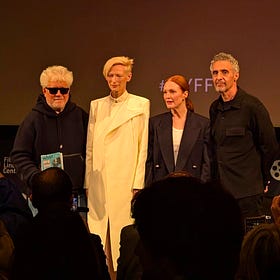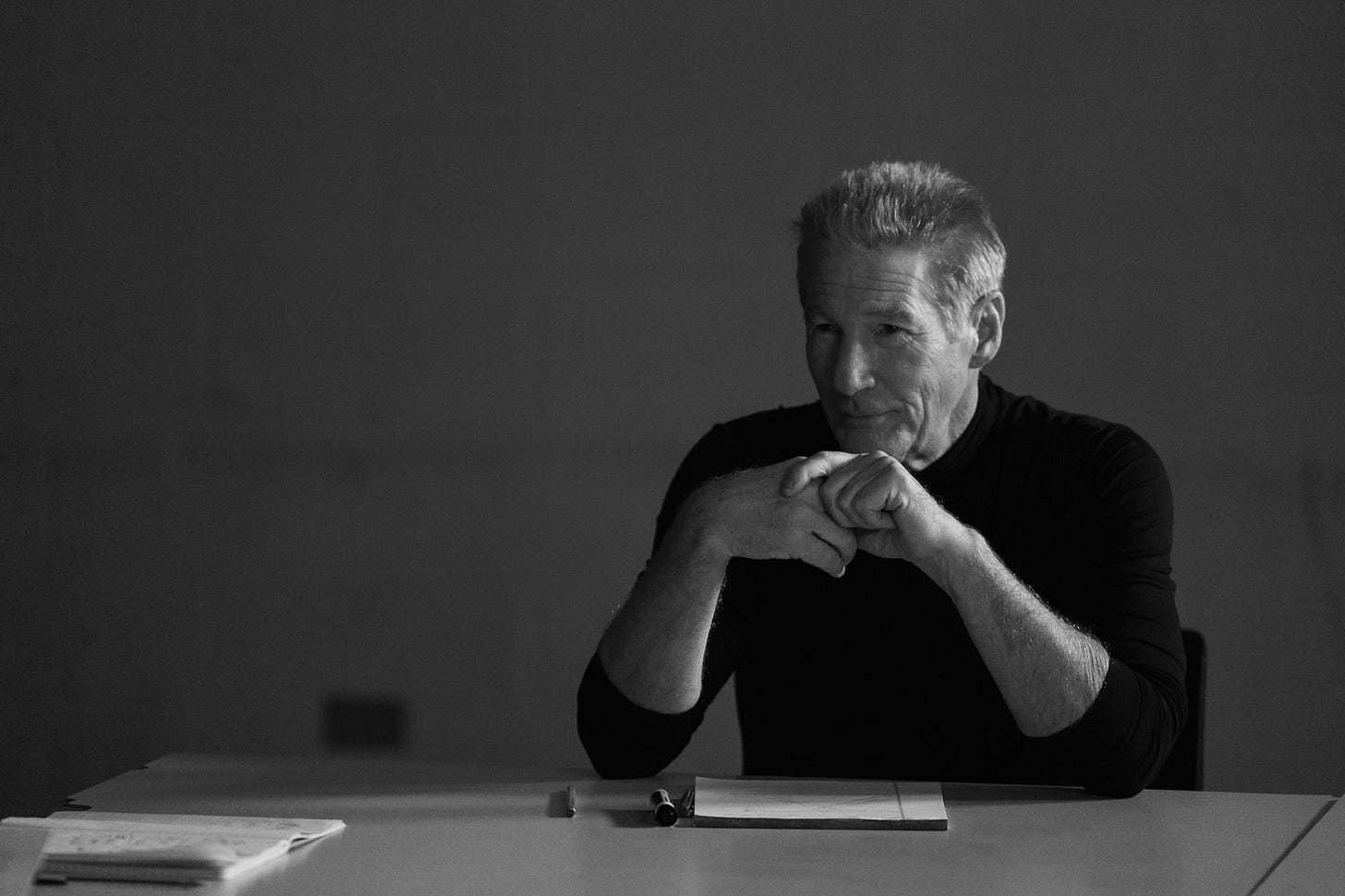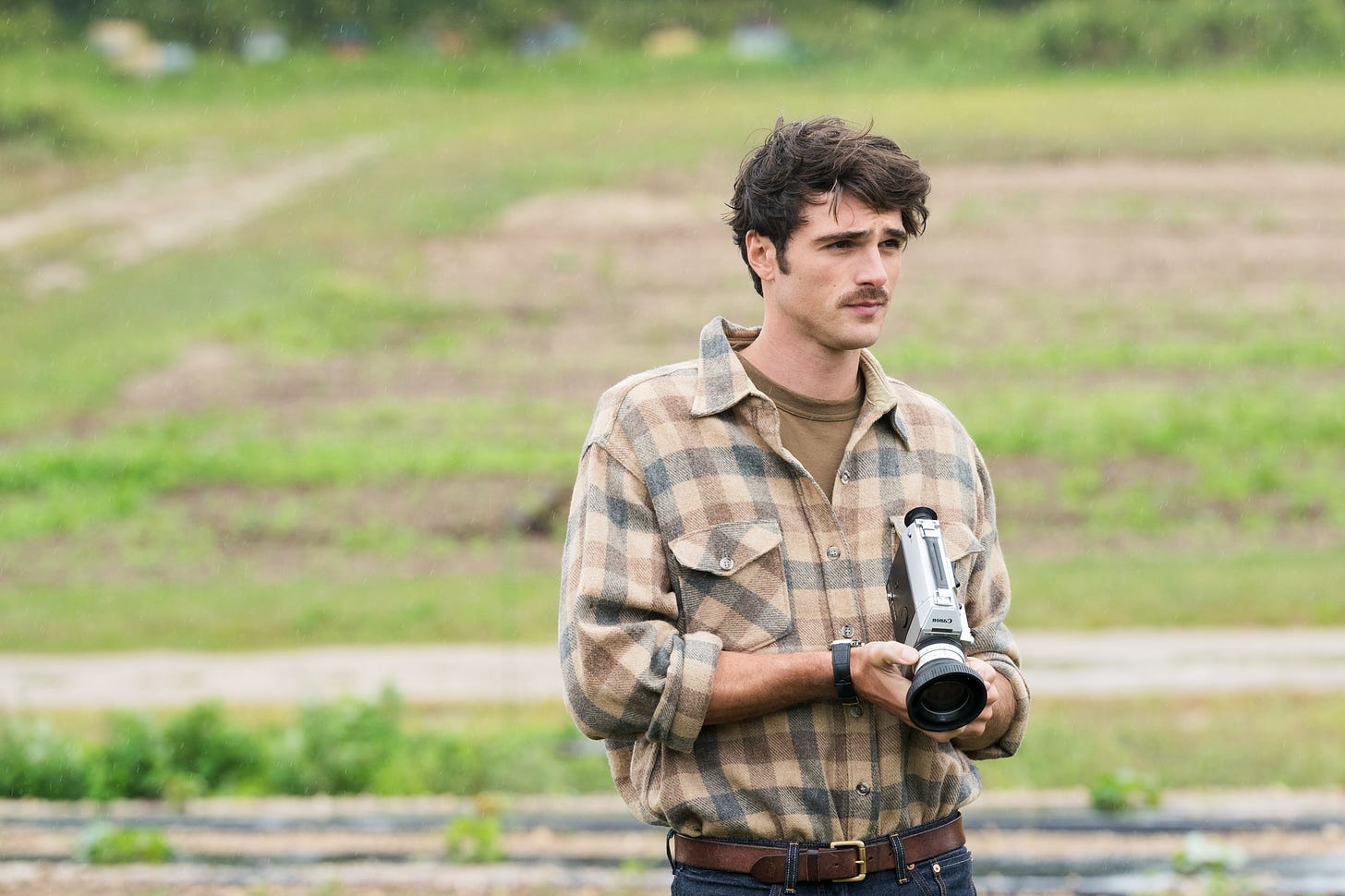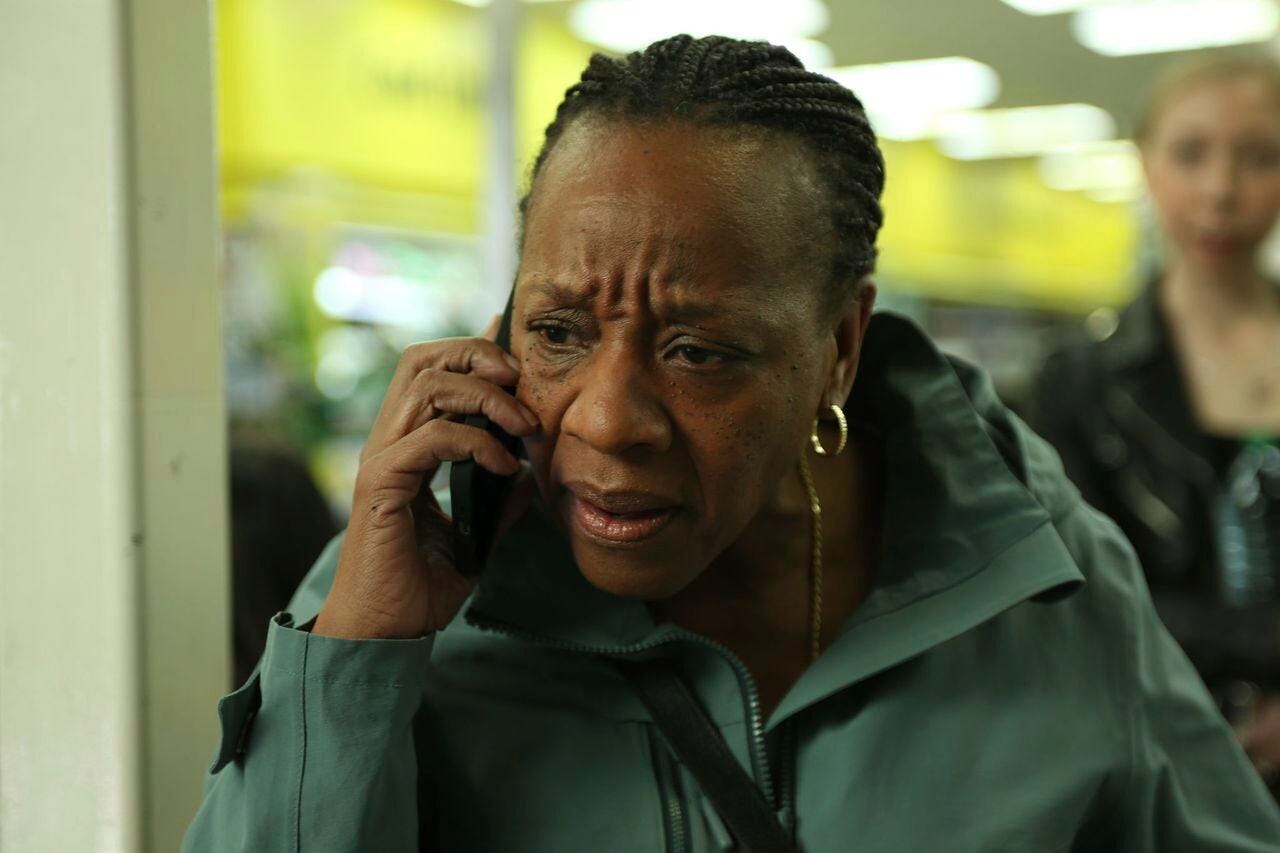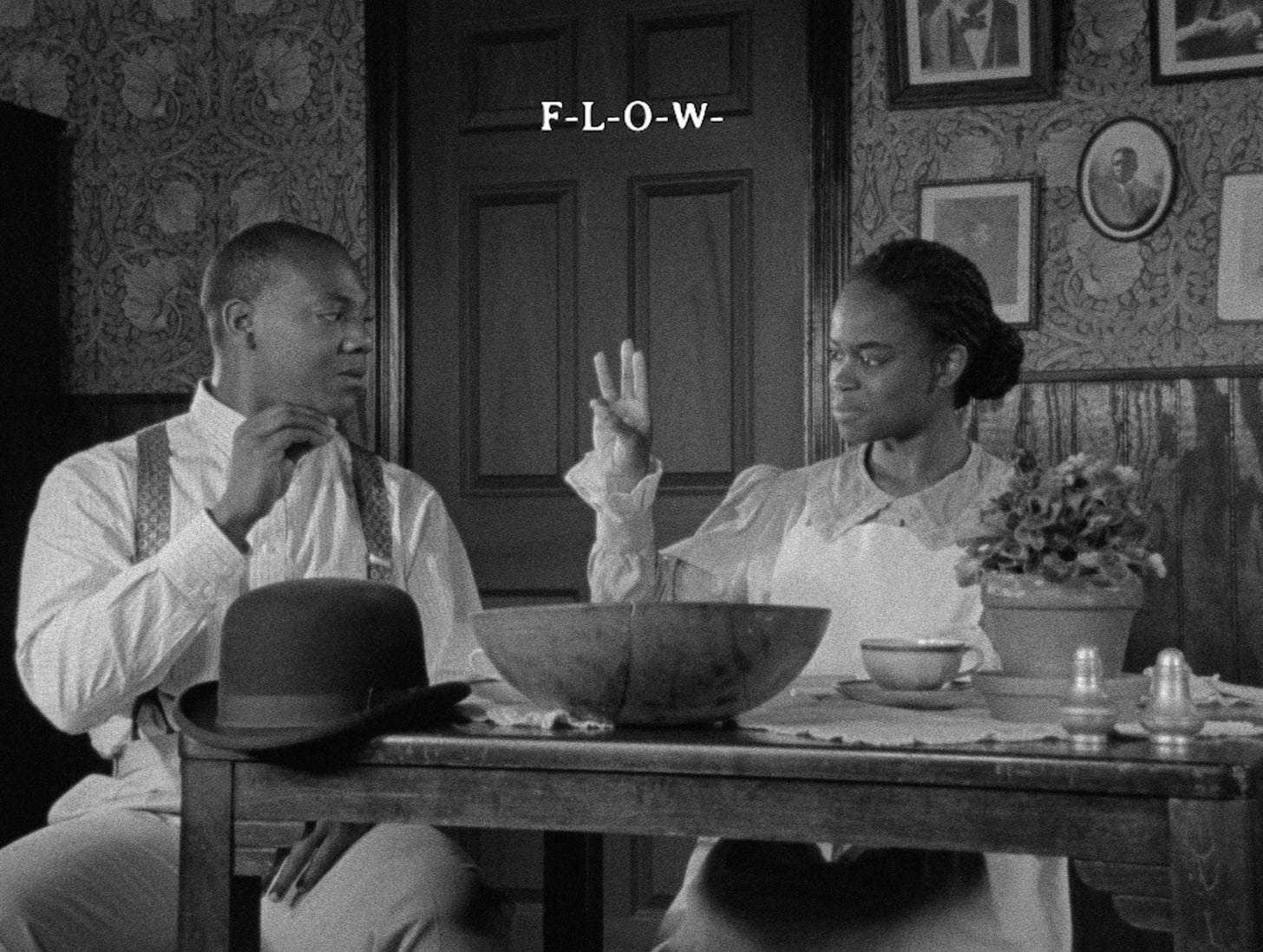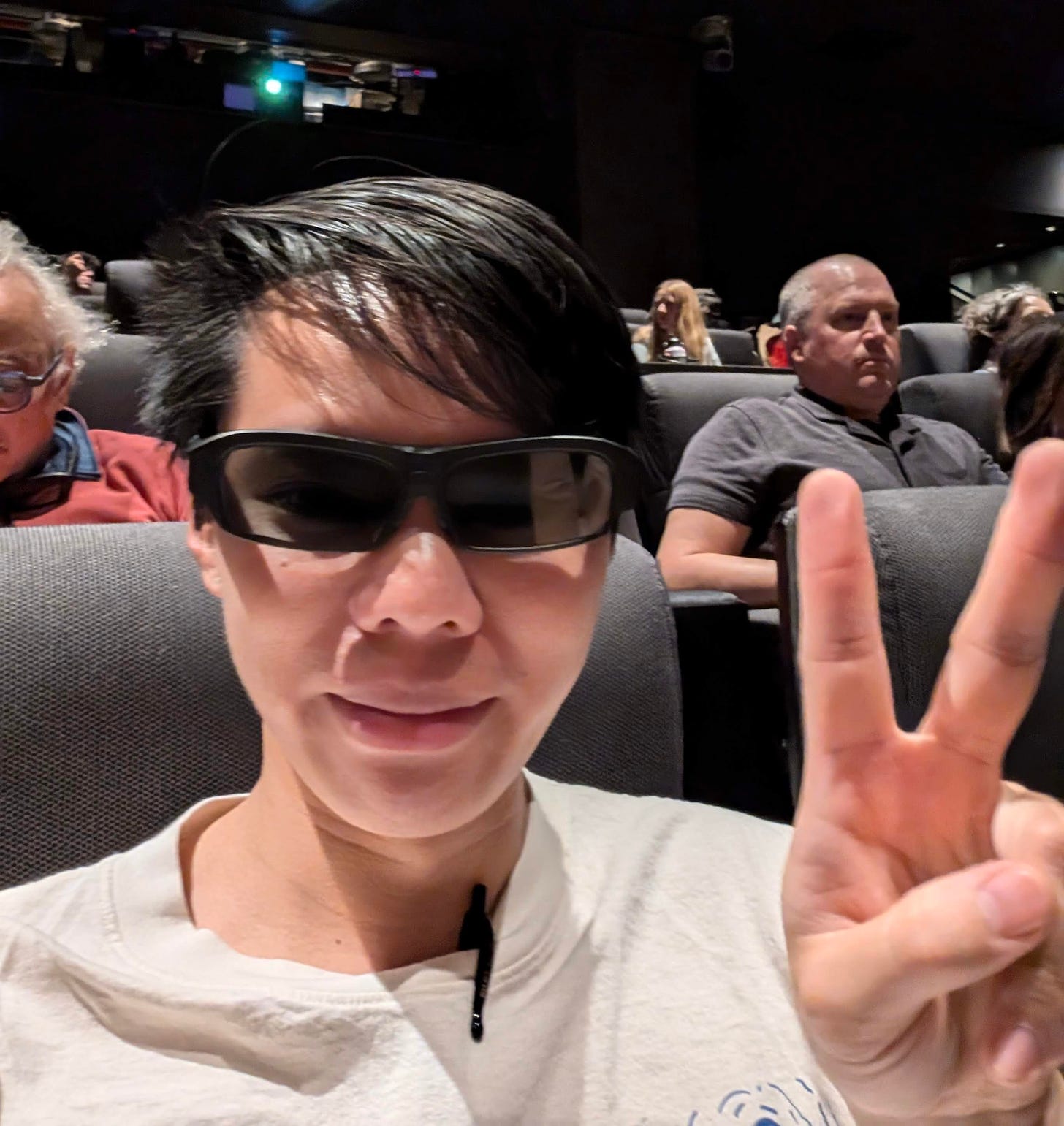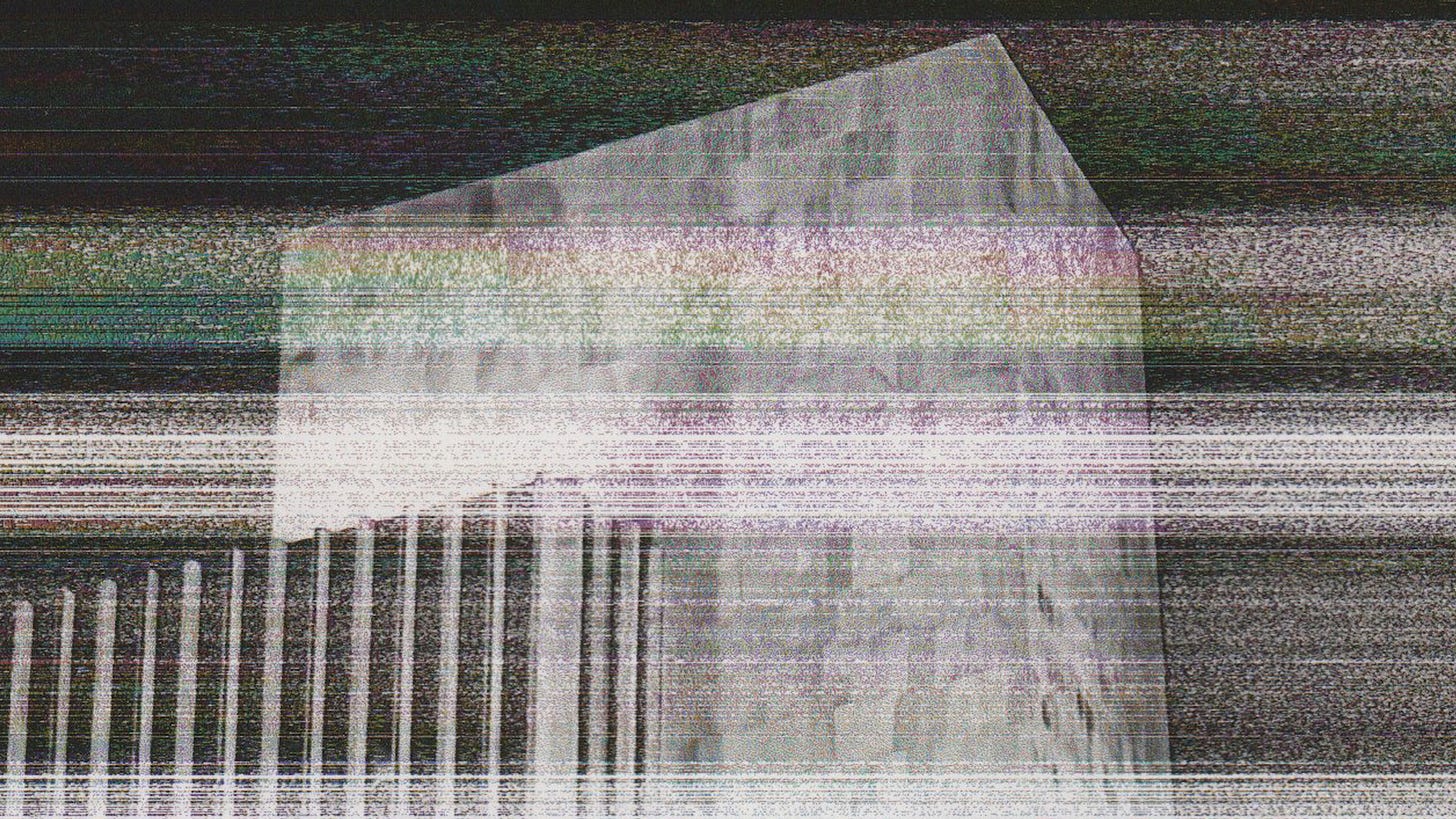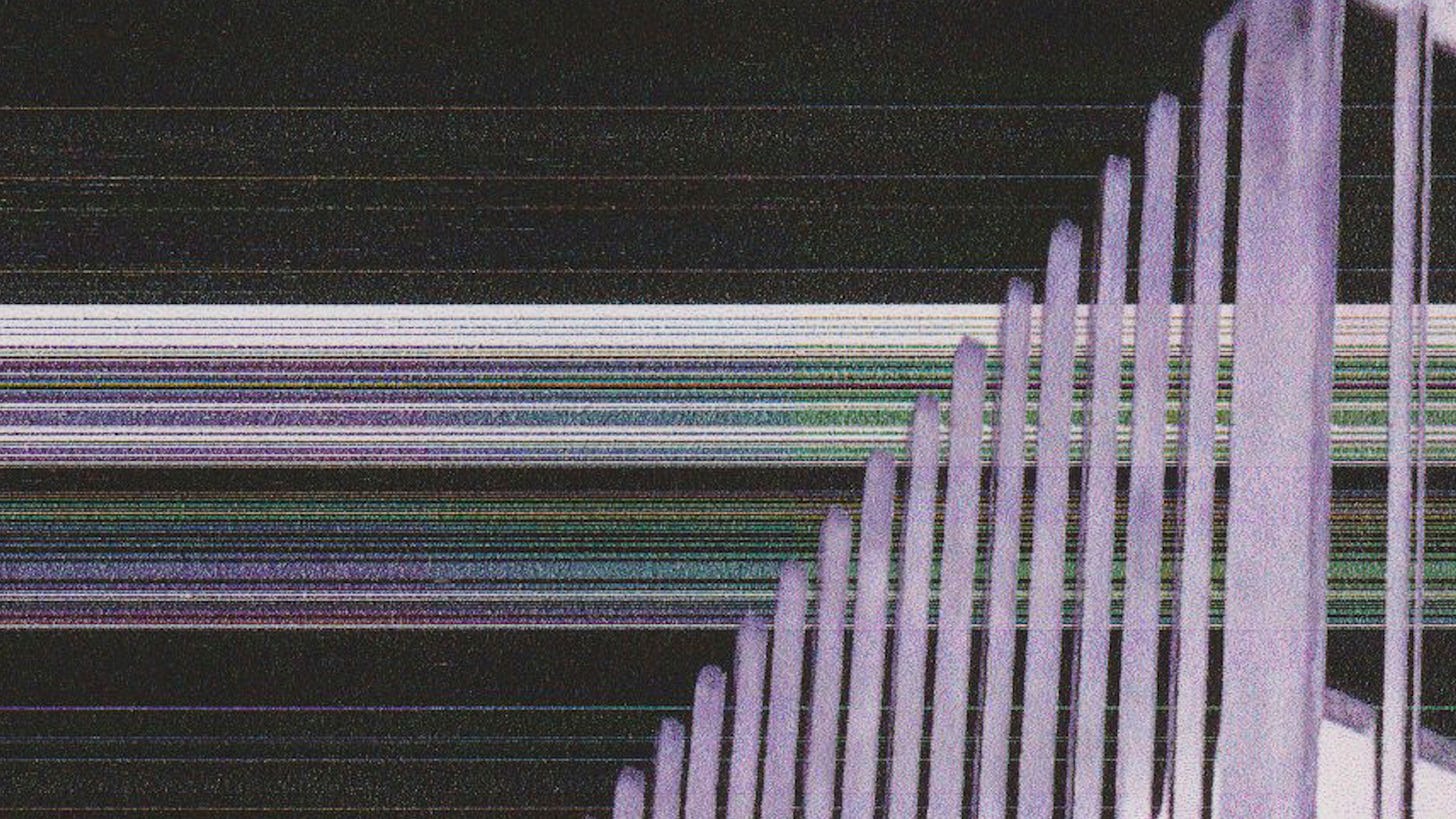NYFF Dispatch 4: Weekend Two, Continued
Thoughts on Oh Canada, Hard Truths, Compensation, and two experimental shorts.
This is a continuation of yesterday’s post, with reactions to new films from Paul Schrader, Mike Leigh, a rediscovered nineties indie, and some short films.
If you haven’t read the prior dispatch, click below. I wrote about what happened this weekend at the New York Film Festival and some thoughts on Queer, The Room Next Door, and The Friend.
NYFF Dispatch 3: We’re Halfway There
We’ve reached the midpoint of this year’s New York Film Festival, which was marked by Friday night’s US premiere of The Room Next Door. The film was shown to the press that morning, with interest in Pedro Almodóvar’s first English-language feature so high that quite a few people were turned away after reaching capacity. …
Two follow-ups from last night’s missive, because claiming to write about the weekend’s events before the weekend is over is a fool’s errand.
Sunday evening’s screening of The Shrouds was interrupted by Extinction Rebellion activists, who unfurled a banner that read “No Film On a Dead Planet1.” Afterwards, the film’s director David Cronenberg had a cheeky response. In contrast to some takes I’ve read online, I’m not surprised that these climate protesters chose movies from directors who would be receptive to their message. Maybe they should have done this during the Q&A.
Film at Lincoln Center did post the Q&A for The Room Next Door that was disrupted by pro-Palestinian activists, but excised the protest and initial reaction from Pedro Almodóvar. Disappointing, but not surprising. You can see the hard cut at the 2:30 mark, which preserves Tilda Swinton connecting the film’s themes to the global conflicts happening right next to us.
Oh, Canada
Opens December 6 in limited release.
An unflinching portrait of a dying man. Richard Gere and Jacob Elordi play the older and younger versions of Leonard Fife, an acclaimed documentarian who fled to Canada as a Vietnam War draft dodger. Famous for exposing hidden truths, he turns the camera on himself, laying bare all his misdeeds and attempting to tear down the persona built up around his life. But his wife (Uma Thurman) doesn’t want to hear it. She wants to keep the legend alive. Seamlessly moving between past and present, Paul Schrader’s adaptation of the late Russell Banks’s Foregone is a quietly devastating interrogation of a man’s duty to family, to country, and to himself. Gere does some fine work. Phosphorescent supplies the music, re-recording some of his earlier songs and contributing a rousing cover of the Canadian national anthem.
Because the Jacob Elordi fans want to know: at times he’s done up to look like Marlon Brando in his prime, and other times he has a very nice mustache. He’s mostly a cipher, as Gere does the heavy lifting for their shared character. Per the film’s press notes, Schrader felt that the young actor’s role in Euphoria was “very much like the character I would have cast in American Gigolo,” which was Gere’s breakout movie.
★★★★☆
Hard Truths
One week qualifying run starting December 6; opens January 10 nationwide.
My hard truth was that I found this movie to be unbearable and one-note. Mike Leigh reunites with actress Marianne Jean-Baptiste, whose prior collaboration, Secrets & Lies, resulted in one of the best movies ever made. This film is a showcase for Jean-Baptiste, who chews the scenery as Pansy, a Jamaican-born matriarch who can’t open her mouth without insulting everyone around her. Her husband and son are practically catatonic in the wake of her verbal destruction. At first, it’s fun to hear Pansy cuss everyone out and yell at everyone, but it gets tiresome. Leigh achieves his desired effect; I wanted to step into the movie and shut her up. Predictably, there’s a point in the film where Pansy’s bluster collapses, and it’s explained why she is the way she is. But I didn’t find Hard Truths to be particularly insightful on that front. A welcome respite from the toxicity comes from Pansy’s sister, Chantelle (Michele Austin), whose loving rapport with her two adult daughters are a stark contrast to Pansy’s controlling narcissism. Those three seem like a good hang!
I am very, very much in the minority on this film. Praise has been effusive elsewhere.
★★½☆☆
Compensation
New restoration to be released in early 2025 by Janus Films.
A criss-crossing tale of star-crossed lovers in 1920s & 1990s Chicago. In both eras, a hearing man falls for a deaf woman, but illnesses keep them apart. Inspired by Paul Laurence Dunbar’s beautiful poem of the same name, this first (and sadly only) film from Zeinabu irene Davis explores the parallel evolution of Black and deaf culture. The black and white cinematography looks great thanks to this new restoration, which is the first time Compensation is available in high-definition. It’ll get a theatrical release early next year, and the Criterion disc out in August. I urge you to keep this on your radar.
In the meantime, read Richard Brody’s excellent musings on this unique film: “In form, [Davis] relies on a technique that had already been rendered banal by Ken Burns but which she turns into a form of spiritual devotion and aesthetic audacity—she gather a treasure trove of historical photographs and films them by moving the camera, to replicate crane and travelling shots, and does so with a feel for place, tone, and texture which conjure the inner life of the past.”
★★★★☆
Shorts Program 4: Space Is the Place
The short films at NYFF, programmed as part of the festival’s experimental Currents section, are an excellent way to survey the ways in which a diverse set of filmmakers play with and break down the conventions of cinema. (The brief runtimes also make the avant-garde works more digestible than a full-length future.) Digital screeners of many shorts were made available to the press, and I’ll be viewing them soon.
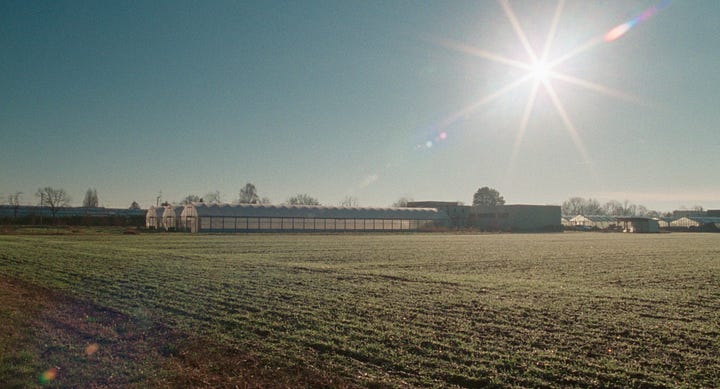

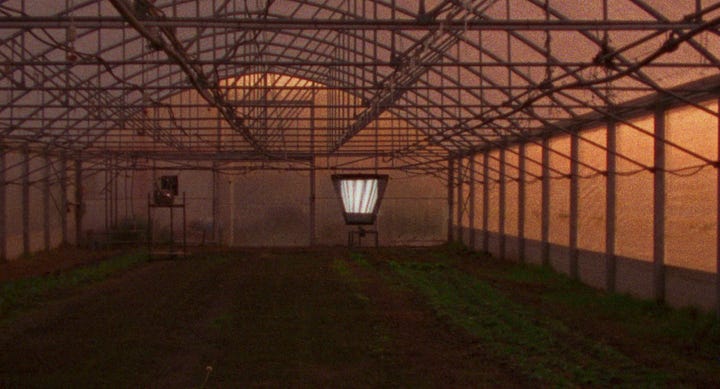

I did manage to see one block of shorts in the theater, and I’m glad I did, as Christina Jauernik and Johann Lurf’s Revolving Rounds wasn’t made available online. It’s an innovative history of the moving image, filmed on stereoscopic 35mm and 16mm stock and projected in 3D, that eventually takes us inside celluloid. Ironically, that can only be accomplished by computer animation. The red, green, and blue hues of super zoomed in film grain are suspended, floating in a primeval ether. Then the projector starts, and the grains float together, back to life. It was super cool, especially in 3D.
Another short I really liked from this program was ESP, from Laura Kraning. Glitchy, warped photographs of Albany’s modernist Empire State Plaza are paired with percussive digital noise. The erratic imagery was “co-created with a malfunctioning Canon inkjet printer,” a complete accident that Kraning interpreted as the machine “asserting its agency.” In a time where the use of generative AI is hotly debated, the unintentional intervention of a broken printer could be interpreted as degenerative image making, a ghost in the machine.
Thanks for reading to the end! Here’s a KitKat pic as a lil’ treat. Since I've barely been home the past couple weeks, she has seemed particularly bored and lonely.
Hat tip to Elissa Suh, whose Instagram story alerted me to this event.





